Aryadeva's 400 Stanzas
Commentaries on a 3rd century philosophical text on how to meditate on the nature of reality.
All Posts in Aryadeva's 400 Stanzas
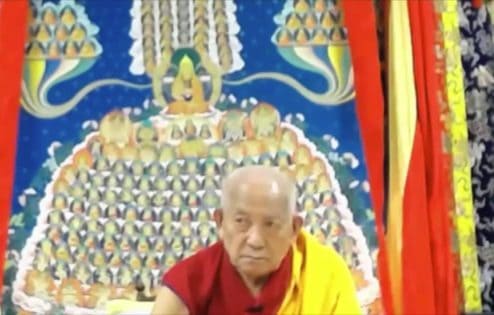
Chapter 10: Verses 229–237
Individual refutation of the self posited by non-Buddhist schools, in particular by Vaisesikas and Samkhyas.
View Post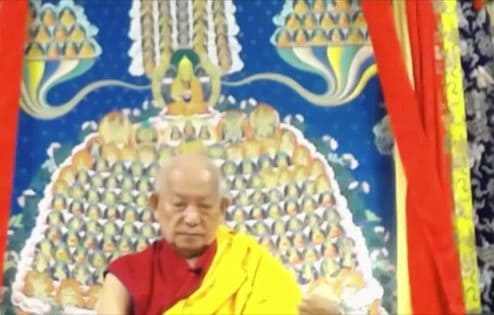
Chapter 10: Verses 226-228
Geshe Yeshe Thabkhe starts teaching on individual refutations of the self that is put forward…
View Post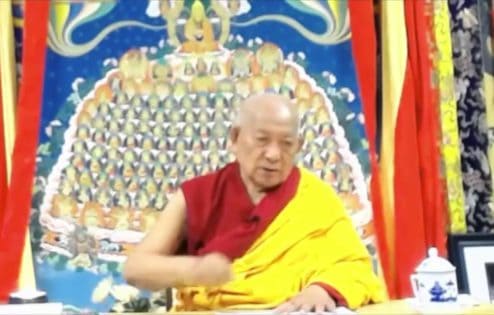
Chapter 10: Verses 238-246
Geshe Yeshe Thabke continues to challenge our instinctive view of the self as permanent and…
View Post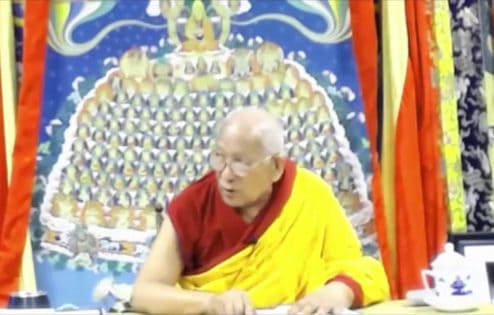
Chapter 10: Verses 247-250
Does selflessness mean nonexistence? How to avoid the two extremes of nihilism and eternalism and…
View Post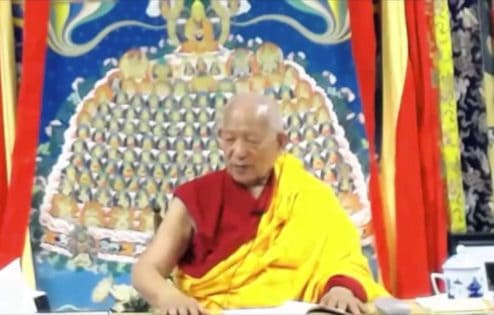
Chapter 11: Verses 251-258
Does time exist substantially? How do past, present, and future really exist?
View Post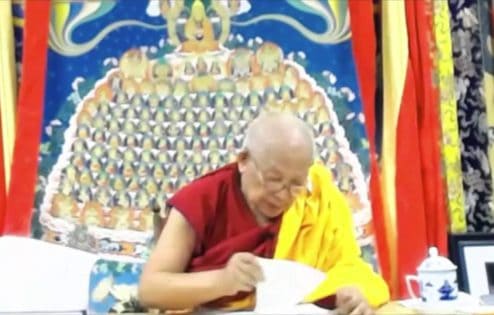
Chapter 11: Verses 259-265
Refutation of lower Buddhist schools’ view of permanent future phenomena.
View Post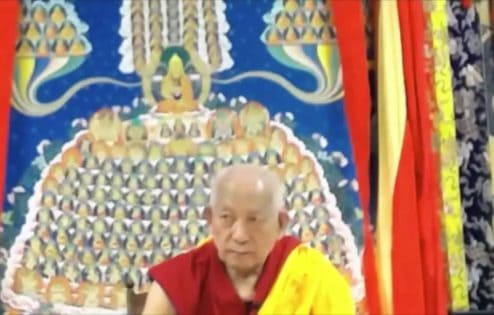
Chapter 11: Verses 266-274
Teachings on refutation of substantially existent duration and on impermanence.
View Post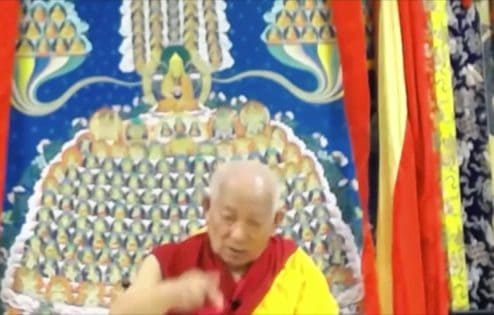
Chapters 11-12: Verses 275-277
Teachings on refuting the wrong views start with explaining the qualities of a proper Dharma…
View Post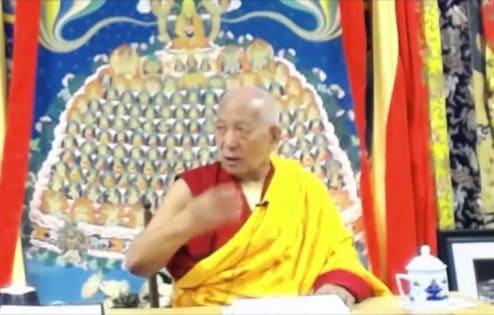
Chapter 12: Verses 277-278
Geshe Thabkhe answers questions on subtle impermanence, emptiness, and continues teachings on refuting the wrong…
View Post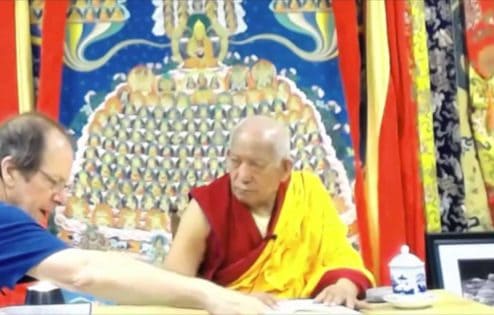
Chapter 12: Verses 278-280
Teachings on how to prove the Buddha’s omniscience based on reasoning and experience.
View Post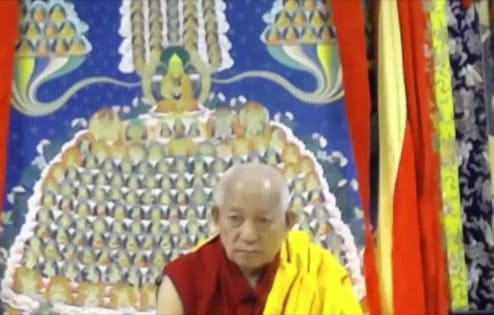
Chapter 12: Verses 281-285
Teachings explaining the difficulty of understanding emptiness and why emptiness should not be feared.
View Post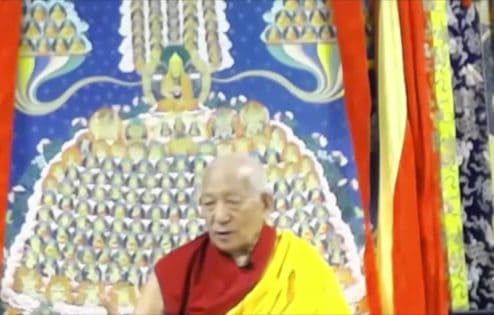
Chapter 12: Verses 286-295
Geshe Yeshe Thabkhe teaches on the importance of not lapsing from the right view, and…
View Post